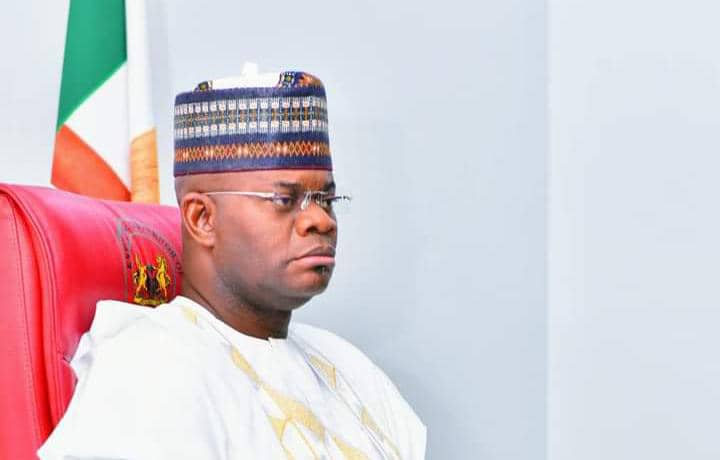Yahaya Bello, the former governor of Kogi State, has been summoned to appear before the Federal Capital Territory High Court in Abuja due to allegations of criminal breach of trust and illegal possession of property. The court summons, issued by Justice Maryann E. Anenih, addresses accusations that Bello committed these offences between 2016 and 2023. The summons, dated October 3, 2024, was publicized through a post on the Economic Financial Crimes Commission’s (EFCC) social media account, revealing serious implications for the former governor’s financial dealings during and after his tenure in office.
The legal basis for the allegations against Yahaya Bello involves Section 311 of the Penal Code Law, which pertains to criminal breach of trust, punishable under Section 312. Additionally, the charges include violations under Section 319A related to possessing property suspected to be acquired unlawfully. The official court document clarifies that the complaint was lodged on behalf of the Federal Republic of Nigeria, intending to investigate the alleged misconduct regarding the management of public and personal assets during the years in question. Bello’s scheduled appearance is set for November 14, 2024, at 9 a.m. in High Court No. 3, Maitama, which represents a critical moment in the ongoing legal challenge he faces.
In recent developments, the EFCC has intensified its scrutiny of Bello, previously declaring him wanted for serious financial crimes linked to fraudulent activities amounting to approximately N110 billion. The commission initially filed 19 charges against him, alongside his associates, for money laundering linked to over N80 billion. However, subsequent to further investigations, the total amount in question surged to N110 billion, reflecting a determination by the EFCC to fully address and prosecute the corruption allegations against Bello and his alleged accomplices.
Amidst rising scrutiny, Yahaya Bello made a notable visit to the EFCC’s headquarters in Abuja, ostensibly alongside the current Kogi State Governor, Usman Ododo. Speculations arose as to the nature of his visit; while it was initially perceived as a compliance action, the EFCC later described it as a tactical maneuver rather than a genuine effort to adhere to legal obligations. Wilson Uwujaren, the EFCC Director of Public Affairs, characterized the visit as a publicity stunt rather than an earnest attempt to engage with the authorities in putting the allegations to rest.
The EFCC’s attempts to arrest Bello in September were met with obstacles, signaling possible reluctance or evasion on his part. The ongoing saga of investigations and legal challenges has captured public interest and raised questions about accountability and integrity within Nigeria’s political landscape. As a prominent political figure, Bai owns significant influence and connections, which may complicate attempts to deal with the investigations in a conventional manner.
In summation, the charges against Yahaya Bello paint a complex picture of the intertwining between power, governance, and corruption in Nigeria. As the legal proceedings unfold, they may set a significant precedent for future governance and anti-corruption efforts in the country. Bello’s impending court appearance, alongside the ongoing allegations of significant financial misconduct, will determine not only his political future but also the broader implications for transparency and rule of law in Nigerian politics. The case represents a critical juncture in the fight against corruption, reflecting the ongoing challenges faced by government institutions tasked with safeguarding the nation’s financial integrity.














